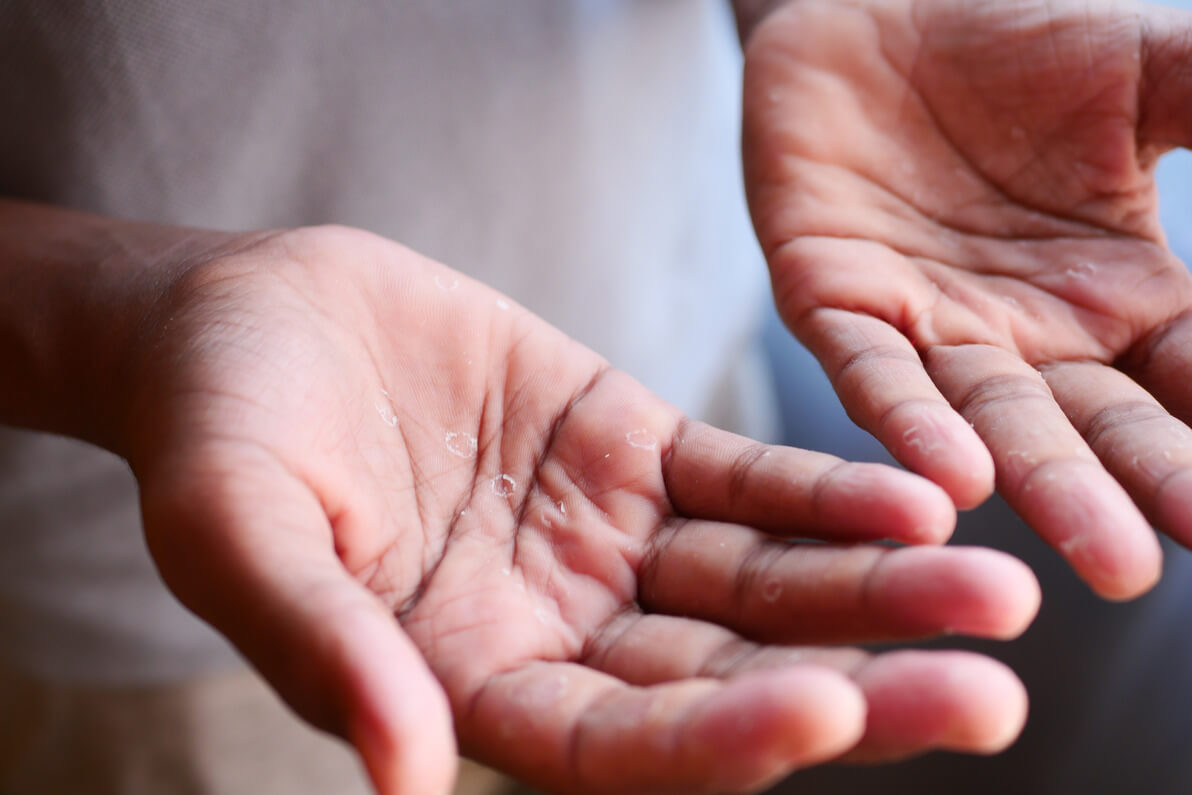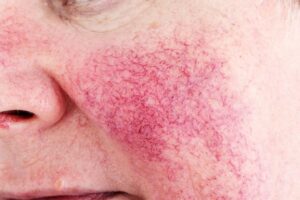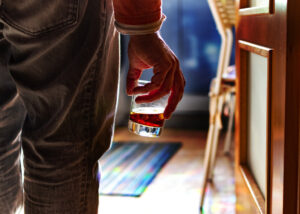Alcohol consumption is often associated with social gatherings and relaxation, but its effects on the body extend far beyond its immediate impact. One of the lesser-known consequences of alcoholism is its potential to cause dehydration, which in turn can lead to dry and lackluster skin. In this article, we delve into the connection between alcoholism, dehydration, and its effects on skin health. We’ll also explore strategies to mitigate the skin-drying effects of excessive alcohol consumption.
Alcohol’s Diuretic Effects
Alcohol is a diuretic, which means it increases urine production and can lead to fluid loss. When you consume alcohol, your kidneys work harder to process and eliminate the alcohol from your body, resulting in increased urine output. This diuretic effect can quickly lead to dehydration, impacting not only your overall well-being but also the health and appearance of your skin.
The Impact on Skin Health
Dehydration has a direct and noticeable impact on the skin. When the body lacks adequate hydration, the skin’s natural moisture barrier becomes compromised. This leads to reduced water content in the skin cells, resulting in dryness, flakiness, and a lack of radiance. Over time, chronic dehydration can contribute to the development of fine lines and wrinkles, as well as an overall dull and lackluster complexion.
Strategies to Mitigate Dehydration and Skin Dryness
- Hydrate Before and After: If you choose to consume alcohol, prioritize hydration by drinking water before, during, and after alcohol consumption. This can help counteract the diuretic effects of alcohol and maintain your body’s fluid balance.
- Alternate with Water: For every alcoholic beverage you consume, follow it with a glass of water. This not only helps in moderating alcohol intake but also provides the body with essential hydration.
- Choose Hydrating Beverages: Opt for hydrating beverages like water, herbal teas, or infused water between alcoholic drinks. This can help replenish lost fluids and support better hydration.
- Moisturize Regularly: Use a hydrating moisturizer that contains ingredients like hyaluronic acid and ceramides. These ingredients help lock in moisture and restore the skin’s natural barrier.
- Avoid Hot Showers: Hot water can strip the skin of its natural oils, exacerbating dryness. Opt for lukewarm showers and avoid using harsh soaps that can further deplete the skin’s moisture.
- Humidify Indoor Air: Use a humidifier in your living spaces to maintain optimal indoor humidity levels. This can help prevent excessive moisture loss from the skin.
- Consume Hydrating Foods: Include foods with high water content in your diet, such as fruits (watermelon, cucumber) and vegetables (lettuce, celery), to support hydration from within.
Recovery and Skin Rejuvenation
For individuals recovering from alcoholism, the journey to sobriety can also contribute to skin rejuvenation. As the body regains its balance and hydration levels improve, the skin’s health and appearance can gradually improve. Seeking support from professionals and surrounding oneself with a supportive community can aid in the recovery process.
Conclusion
Alcohol’s diuretic effects can lead to dehydration, resulting in dry and lackluster skin. Recognizing the impact of excessive alcohol consumption on skin health is essential for those seeking to maintain vibrant and hydrated skin. By adopting strategies to counteract dehydration, prioritizing hydration, and seeking recovery support, individuals can restore their skin’s vitality and overall well-being, embracing a healthier and alcohol-free lifestyle.




